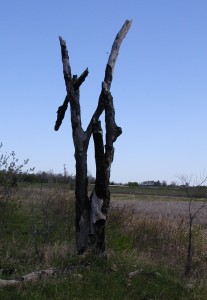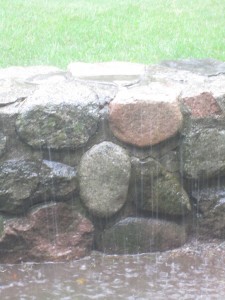
PHOTO: Mary van Balen
I don’t know about you, but sometimes I feel like God is in hiding. Sometimes that sense of absence lasts a long time. One day, while thinking about that, I decided to take a “Mindful” day, borrowing the term from the Buddhist practice of “mindfulness.”
“Perhaps this disconnect has something to do with my lack of being present to the moment,” I thought. Ironic, since that is what I often write about in this column. “Easier said than done,” or “Easier written than done,” in my case.
I started the day with mass at St. Thomas. A little late, but rush hour traffic tied me up on the trip across town. Despite frustration with lanes of slow moving cars, I managed to take a deep breath and relax. I noticed the sky, battled the wind buffeting my little Civic, and sat through four turns of the traffic light at 5th and Cassady before walking into church.
Next was a drive down Route 33 for allergy shots. I resisted the temptation to use the drive as an opportunity to catch up with one of my daughters and instead, paid attention to the countryside stretching out on either side of the highway.
The morning light was spectacular. Spring’s greens included a wide spectrum of color. I thought of the debated claim that Inuit people of Northern Canada have fifty or more words to refer to snow (Anthropologist, Franz Boas’s study in the late 1800’s to early 1900’s has been debated ever since.)
“We should have more words for ‘green’,” I thought. I suppose we do if you count adjective descriptors like “sap green” (a favorite water color hue), “Kelly green,” “olive green,” and “forest green.”
What about the green that seems to have sucked up sunlight through the plant’s roots, appearing to glow green from inside out? Or the green that calls us to “watch this space,” with leaves shining with emerging life, changing from hour to hour?
The entire day was like that. I recognized courage and perseverance in the gait of an older man struggling up the slight incline from parking lot to sidewalk in front of a doctor’s office. Appreciation for his effort stirred in my heart, and I stood respectfully by, telling him not to hurry despite his blocking my car door. Like an honor guard for a returning soldier, I stood straight as he moved slowly by. Life is difficult and he was “keeping on,” as Pete Seeger and Woody Guthrie said.
One by one, experience by experience, the day nurtured my soul as I paid attention to where I was, turning away from the temptation to fret over the past, worry about the future, or multi-task while eating by reading email or New York Times headline articles. (To all the mothers out there who survive by multi-tasking at home and at work, mindfulness can be like a drink of cool water on a hot day.) I savored tastes and ate slowly, an accomplishment for one who chews a few times and then swallows.
By the end of the day, which I celebrated with a call from my youngest daughter then candles and Rumi at bedtime, I felt full, fuller in spirit than I had been for quite a while.
Mindfulness isn’t a miracle cure for spiritual emptiness or feeling distant from the One we long for. Still, being truly present to the moment helped me recognize the beauty of nature and of souls, and the wonder and Mystery bursting life at its seams. That’s the conventional wisdom, isn’t it? You don’t meet God in the past or future, but in the present. I was able to ponder the possibility that the Divine truly is reaching out from every direction, including from within, to connect with us. (This is much more difficult to do if one is watching reruns of The West Wing or Frazier on Netflix in order to distract from uncomfortable chatter in one’s mind.)
“You sound great,” my daughter observed during our phone conversation.
I shared my “mindful day” with her and heard myself saying, “ This day nourished me.” And when I finally closed my eyes, I had the smallest sense that God was right there with me.
© 2015 Mary van Balen


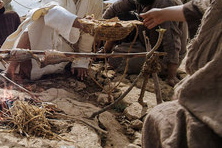

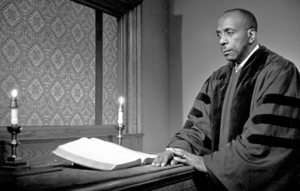

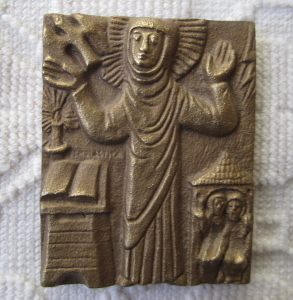

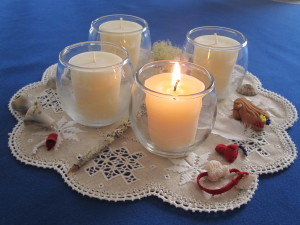



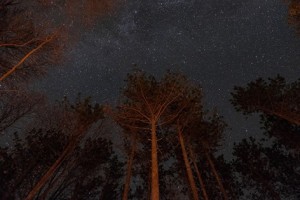

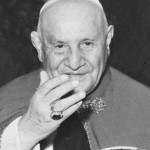 Originally published in The Catholic Times, Oct. 13 Vol. 64:2
Originally published in The Catholic Times, Oct. 13 Vol. 64:2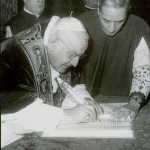
 His homily at Sunday’s opening mass warned of the possibility that those charged with nurturing God’s people can bring harm instead out of their self interest, greed, and pride: “God’s dream always clashes with the hypocrisy of some of his servants. We can ‘thwart’ God’s dream if we fail to let ourselves be guided by the Holy Spirit,” Pope Francis said. “The Spirit gives us that wisdom which surpasses knowledge, and enables us to work generously with authentic freedom and humble creativity.”
His homily at Sunday’s opening mass warned of the possibility that those charged with nurturing God’s people can bring harm instead out of their self interest, greed, and pride: “God’s dream always clashes with the hypocrisy of some of his servants. We can ‘thwart’ God’s dream if we fail to let ourselves be guided by the Holy Spirit,” Pope Francis said. “The Spirit gives us that wisdom which surpasses knowledge, and enables us to work generously with authentic freedom and humble creativity.”
